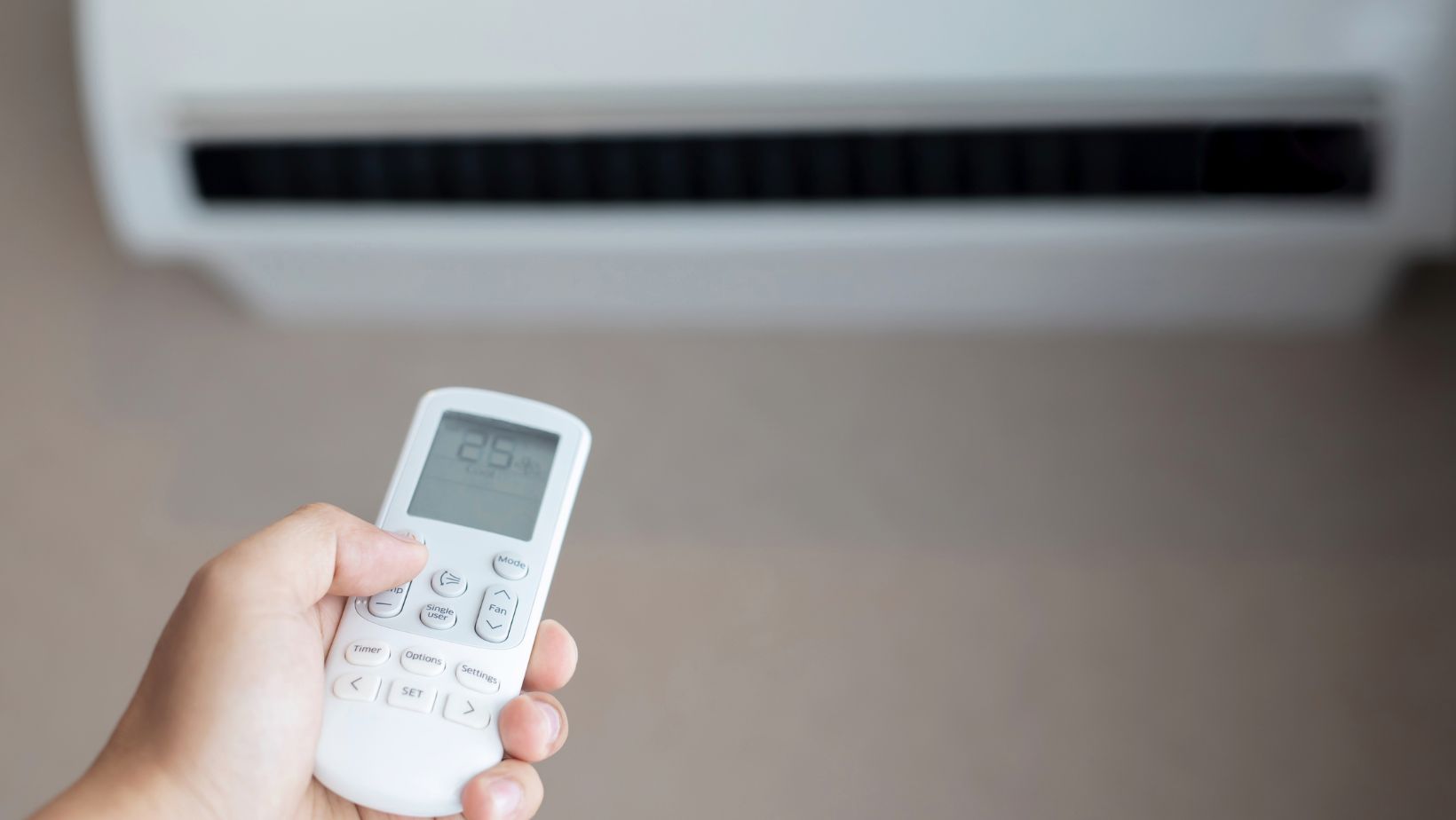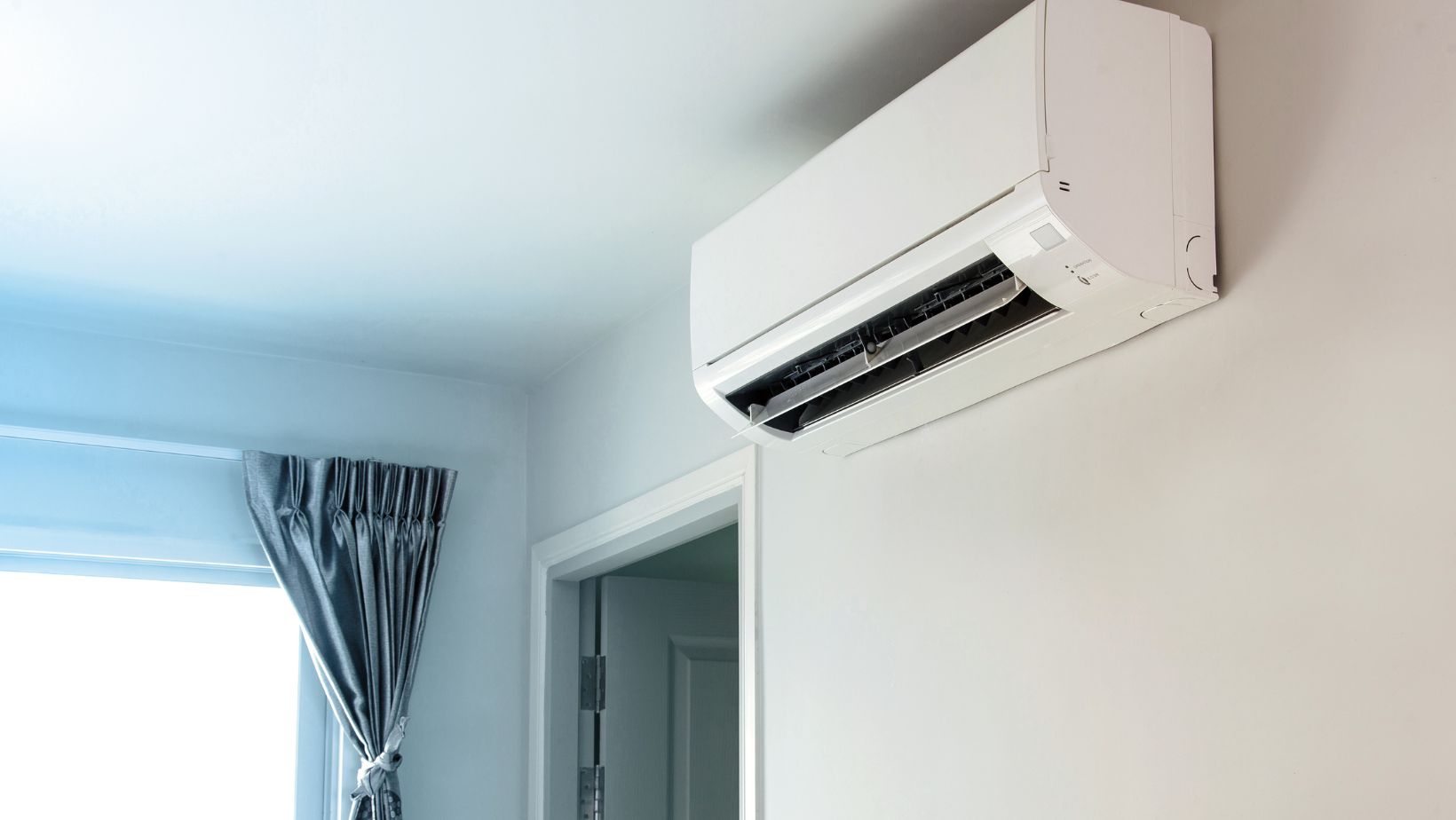When it comes to keeping your garage comfortable year-round, a mini split AC system can be a game-changer. A mini split AC for the garage is a compact and efficient cooling and heating solution that offers precise temperature control without the need for extensive ductwork installation.
One of the main advantages of a mini split AC for the garage is its versatility. Whether you use your garage as a workshop, home gym, or storage space, this type of AC system can help create a pleasant environment regardless of the outside weather conditions. With its ability to both cool and heat, you’ll be able to enjoy your garage all year long.
Installing a mini split AC in your garage also has other benefits. Since these systems are ductless, they eliminate energy loss associated with traditional central HVAC systems through ductwork leaks. Additionally, their compact size allows for easy installation in garages with limited space.
Table of Contents
ToggleFactors to Consider Before Installing Mini Split AC in Your Garage
When it comes to installing a mini split AC in your garage, one of the crucial factors to consider is the proper sizing of the unit. Choosing the right size will ensure optimal cooling performance and energy efficiency. You don’t want to end up with an oversized or undersized unit that doesn’t meet your needs.
To determine the appropriate size, you’ll need to consider factors such as the square footage of your garage, insulation levels, and any additional heat sources present. Consulting with an HVAC professional can help you accurately calculate the cooling capacity required for your specific space.
Consideration of Garage Insulation
Garages are typically not as well insulated as other parts of a house. Therefore, before installing a mini split AC in your garage, it’s essential to evaluate its insulation. Poor insulation can lead to significant energy loss and reduced efficiency of your cooling system.
Adding insulation to your garage walls and ceiling can help create a more controlled environment and prevent unnecessary heat exchange with the outside. This step will not only improve comfort but also enhance energy savings by allowing your mini split AC unit to operate more efficiently.
Noise Level and Soundproofing Options
Another important aspect worth considering when installing a mini split AC in your garage is noise level. While these units are generally quieter than window air conditioners or portable units, they still produce some level of noise during operation.
If noise is a concern for you or if you plan on using your garage for activities that require minimal disturbance, exploring soundproofing options may be beneficial. This could involve adding acoustic panels or insulation materials designed specifically for noise reduction.
Additionally, selecting a mini split AC model known for its quiet operation can also contribute to creating a more peaceful environment within your garage

Mini Split AC For Garage
When it comes to selecting a mini split AC unit for your garage, it’s essential to choose the right size. The size of the mini split AC unit will directly impact its cooling capacity and overall efficiency. Here are a few factors to consider when determining the appropriate size:
- Calculate the BTU requirements: Start by calculating the British Thermal Units (BTUs) needed to effectively cool your garage space. The BTU requirement is influenced by several factors, including the square footage of your garage, insulation levels, ceiling height, and sun exposure. A higher BTU rating indicates a greater cooling capacity.
- Consider climate conditions: Take into account the typical climate conditions in your area. If you reside in a region with extremely hot summers or cold winters, you may need a larger capacity mini split AC unit to adequately cool or heat your garage.
- Evaluate insulation: Assess the insulation quality of your garage walls and ceiling. Proper insulation helps retain cooled air and prevents outside heat from infiltrating your space. Well-insulated garages require smaller-capacity units as they can maintain temperature more efficiently.
- Determine airflow needs: Think about how you plan to use your garage space. If it’s solely used for storage or infrequent activities, a lower airflow capacity might suffice. However, if you frequently work on projects that generate heat or need consistent cooling throughout the day, opt for a higher airflow capacity unit.
- Seek professional guidance: It’s always advisable to consult with an HVAC professional who can assess your specific requirements and recommend an appropriate-sized mini-split AC unit for optimal performance.
Remember that choosing an oversized or undersized mini-split AC unit can lead to inefficiency and increased energy consumption in the long run. By considering these factors and seeking expert advice, you’ll be able to select a properly sized mini-split AC unit that meets all of your garage cooling needs.





